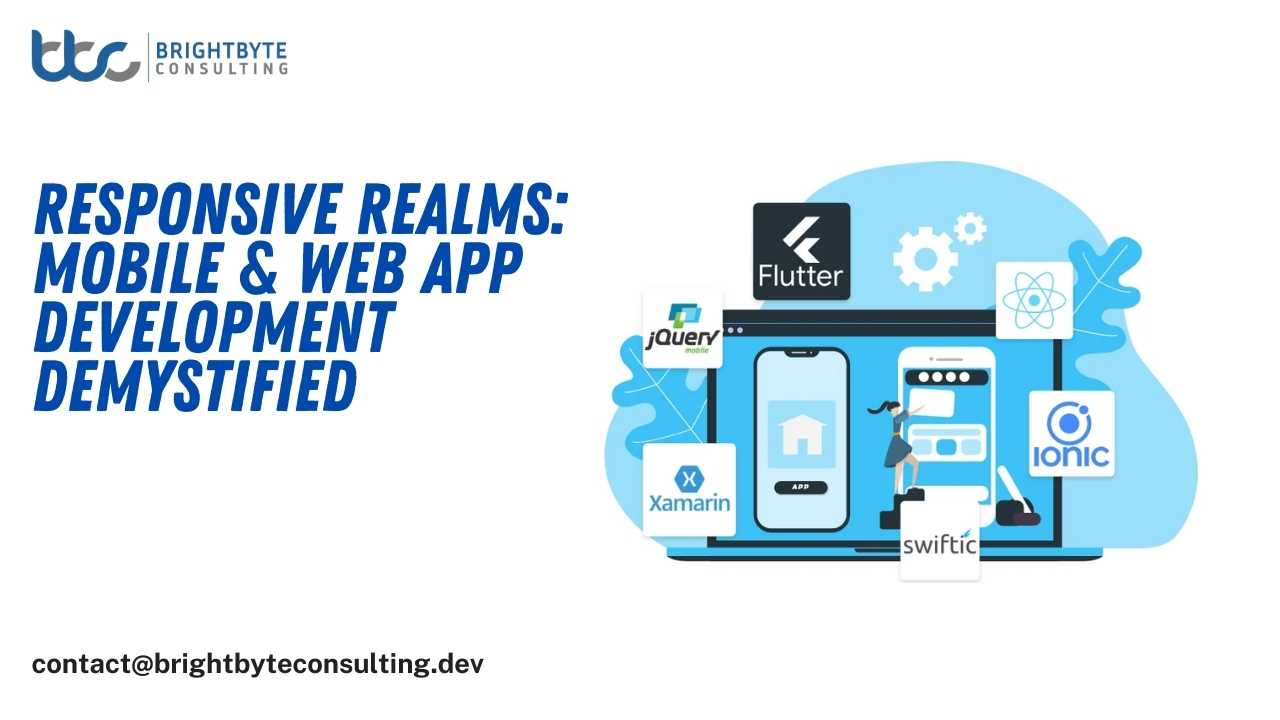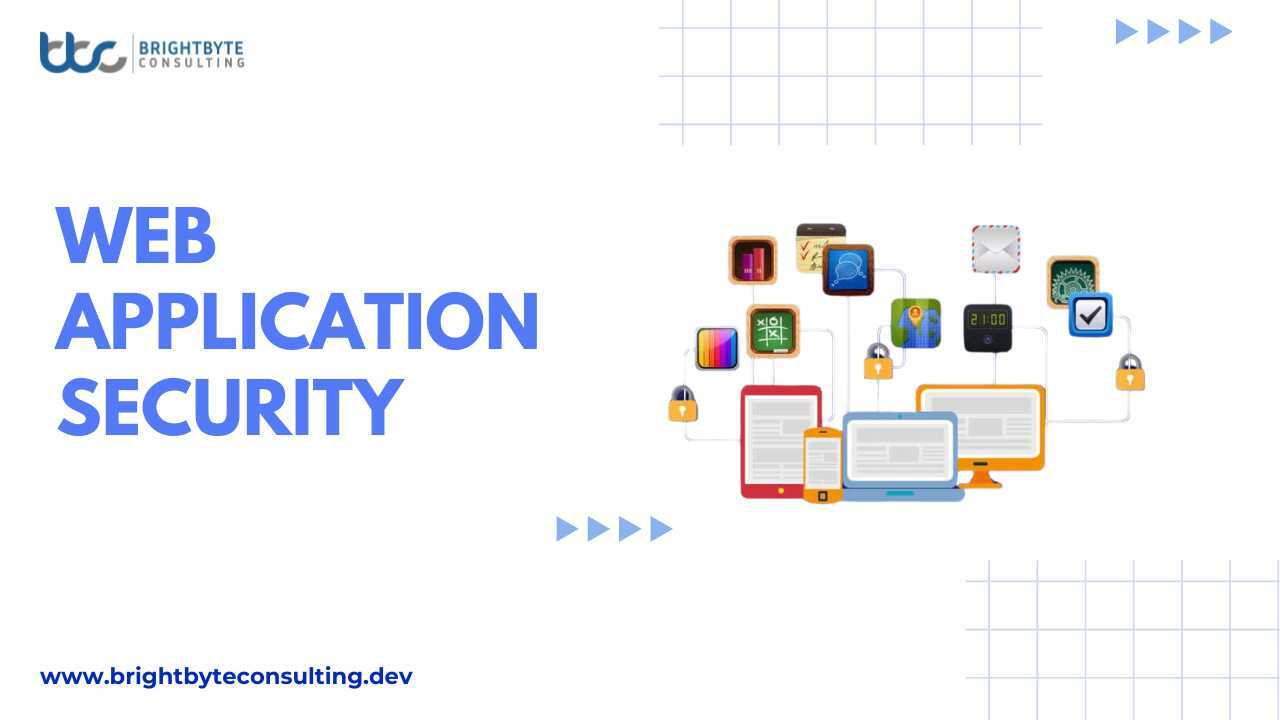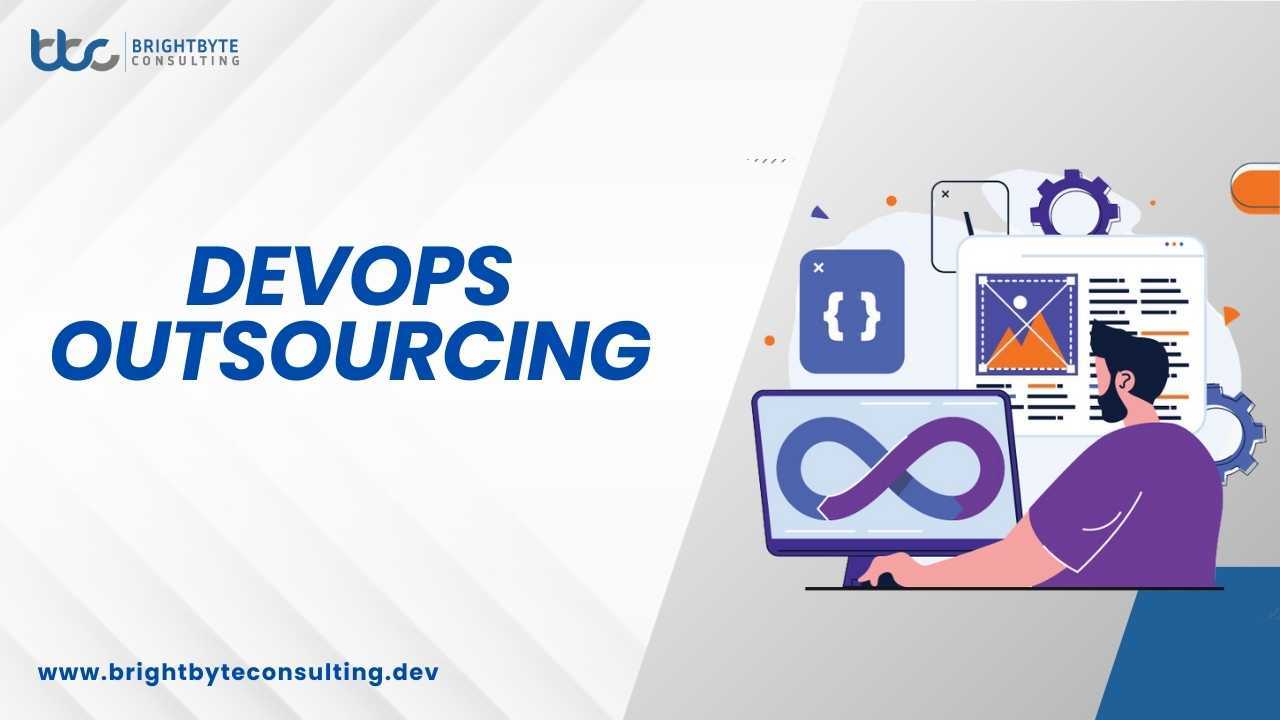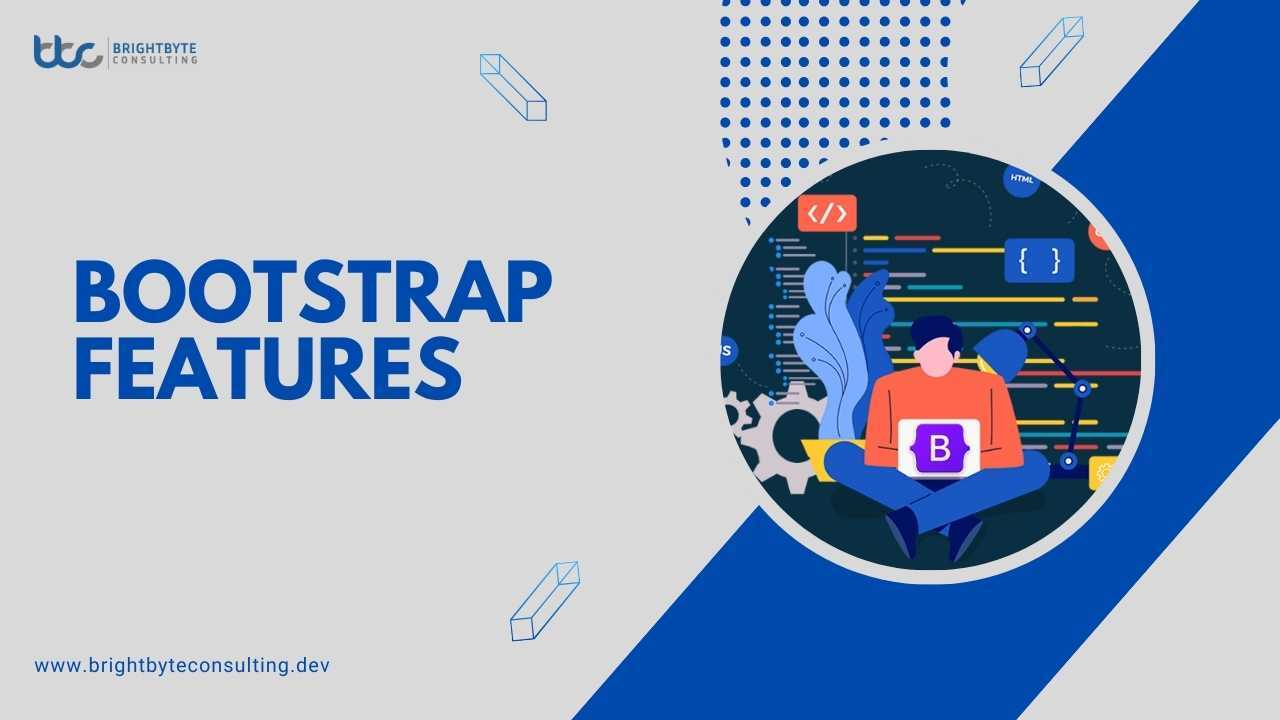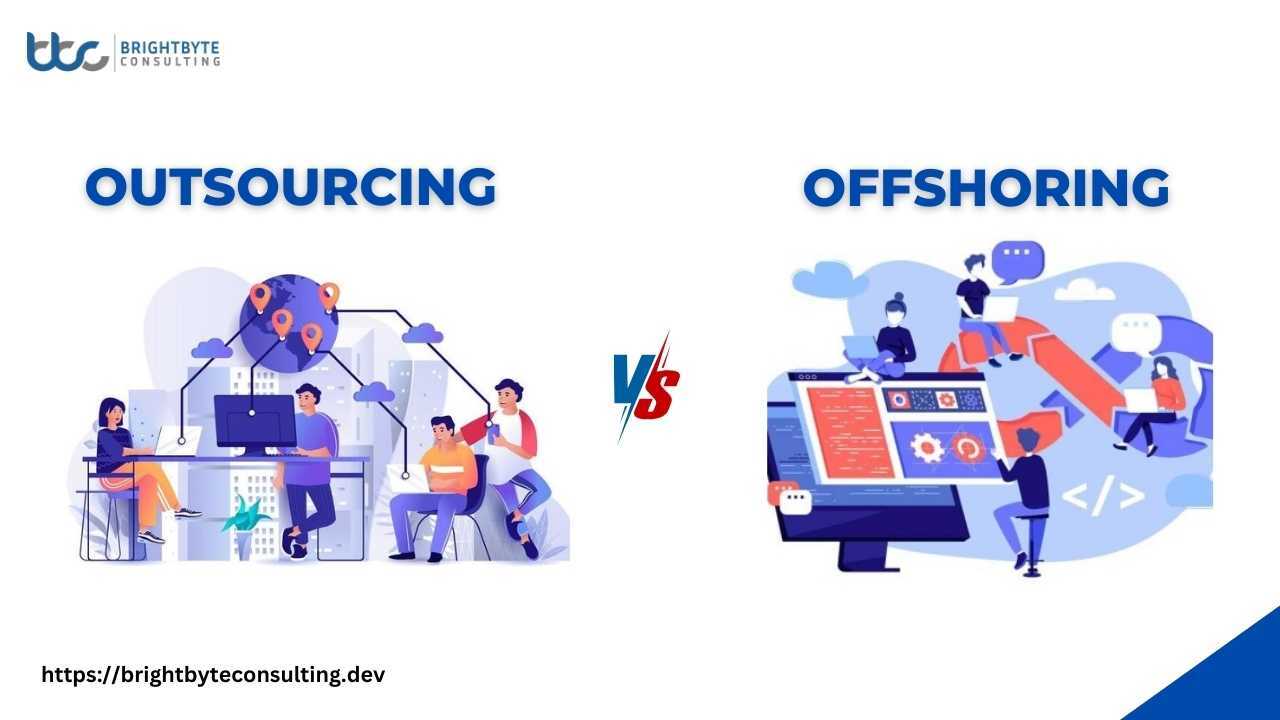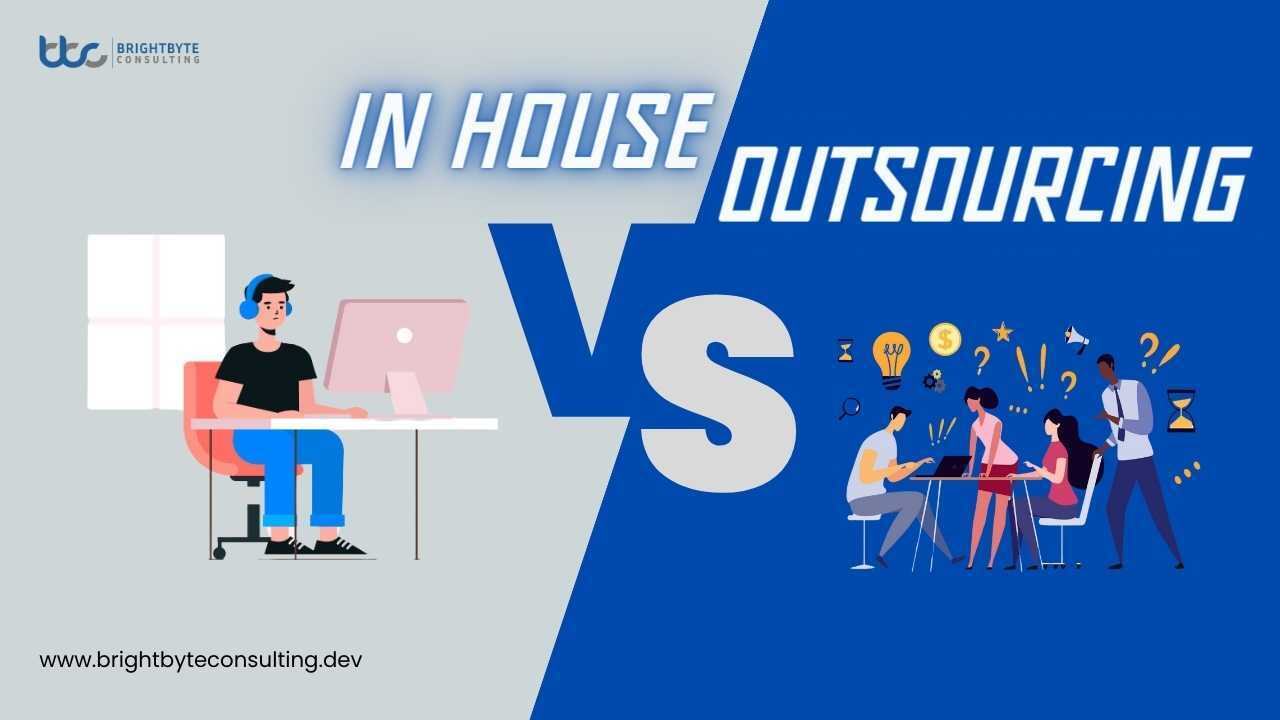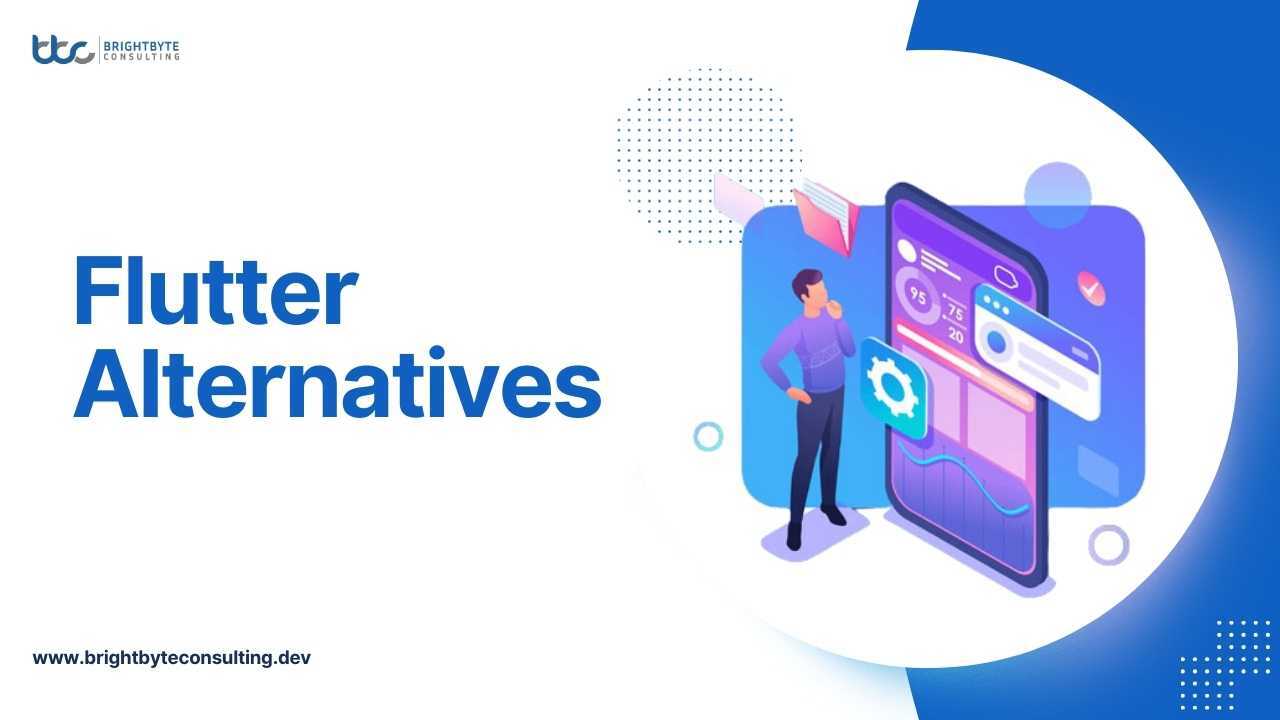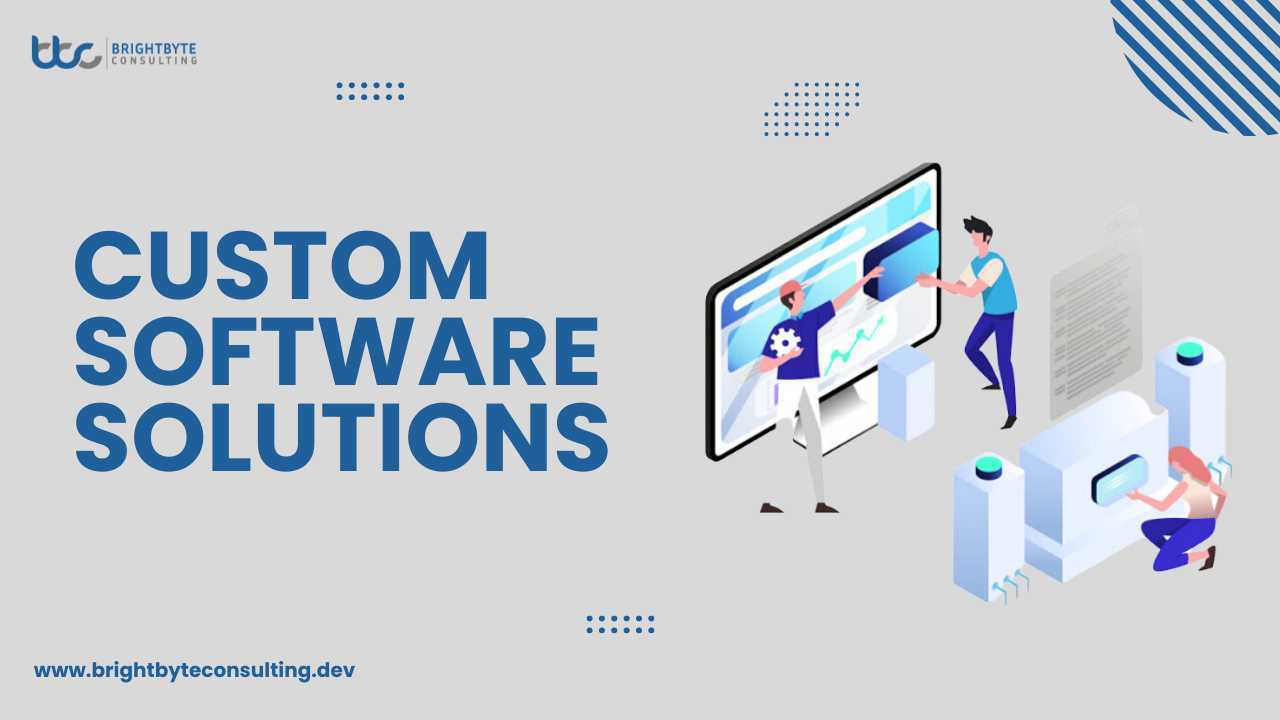In the current year 2024, about 7 billion people in the world are using mobile phones, and the number is expected to increase even more in the upcoming years. With this alarming number, you can guess the importance of Web and Mobile App Development. The development of mobile and web apps has been in trend for several years and has gained a lot of popularity.
In this article we will discuss mobile app development and some important aspects associated with it.
What is Mobile App Development?
Set of processes involved in creating software for small, handheld devices like mobile phones or tablets is known as mobile app development. The most common operating systems for mobile app development include Android and iOS. The use of mobile apps is increasing whether it’s in the telecommunication or healthcare industry.
Approaches Of Mobile App Development
The are 4 comprehensive approaches to mobile applications which are as follows:
- Native Mobile Applications
- Cross-Platform Native Mobile Applications
- Hybrid Mobile Applications
- Progressive Web Applications
To simply explain these approaches along with their pros and cons a simplified table is given below for your understanding:
| Approaches | Description | Pros | Cons |
| Native Mobile Applications | Developed for a specific OS using its native programming languages (Swift, Java, Kotlin, etc.) | Optimal performance, seamless user experience | Higher development costs, longer timelines |
| Cross-Platform Native | Uses frameworks to write code once and deploy on multiple platforms (React Native, Xamarin, Flutter) | Code reusability, cost-effective, faster development | May not achieve full native performance, some limitations |
| Hybrid Mobile Applications | Developed using web technologies, wrapped in a native container (Cordova, Ionic) | Code reusability, easier maintenance | Performance limitations, may not offer native experiences |
| Progressive Web Applications (PWAs) | Web applications with native app-like features, accessible through browsers | Cross-platform compatibility, improved discoverability | Limited access to device features, performance considerations |
Which Programming Languages Are Used?
For innovations in app design different programming languages are used. It basically depends on the approach you use. The most common programming languages which are used by developers are:
Native Mobile Applications:
- iOS (Apple): Swift and Objective-C
- Android (Google): Java and Kotlin
Cross-Platform Native Mobile Applications:
- React Native: JavaScript
- Xamarin: C#
- Flutter: Dart
Hybrid Mobile Applications:
- Apache Cordova (PhoneGap): HTML, CSS, JavaScript
- Ionic: HTML, CSS, JavaScript (Angular)
Progressive Web Applications (PWAs):
- HTML, CSS, JavaScript (Web technologies)
Best Mobile App Development Platforms
Some of the best mobile app development used by developers are:
- Flutter
- Microsoft Xamarin
- Buildfire
- Ionic Framework
- React Native
- Sencha
- NativeScript
- Appcelerator
- Swiftic
- Android Studio
- jQuery Mobile
- Onsen UI
Let’s discuss a few of them:
Flutter
- An open source framework that allows users to create cross platform applications with a single codebase.
- Flutter was created by Google and was released in the year 2017
- Can be used for the development of mobile and web apps for different operating systems including iOS, Android, Linux, macOS, Windows, and more.
- Programming languages used in Flutter include C, C++, and Dart.
Microsoft Xamarin
- Another open source framework for Android, iOS and Windows apps
- Programming languages used are C# and .NET to create cross-platform applications.
- Xamarin enables the development of cross-platform applications with a single codebase.
- Allows integration with native APIs and components.
Buildfire
- One of the most powerful no-code app builders for iOS as well as Android.
- Best for building customized apps from scratch for users with no technical experience.
- Allow users to add custom features to your application.
- Offers full-service app development., you just need to have a creative idea and the development experts will build your app for you.
React Native
- Built and supported by facebook for cross-platform application development.
- Built and supported by Facebook for cross-platform application development.
- Uses a single codebase across all platforms
- Enables quicker ma development and implementation.
- Also features reusable elements and interaction with third-party extensions.
Process Of Mobile App Development
After discussing the basics of mobile app development along with approaches and platforms the next thing you need to know is the process. Basically, there are multiple steps involved in it which are:
- Idea and Planning
- Market Research
- UI/UX Design
- Prototyping
- Development
- Testing
- Deployment
- Support and Maintenance
Idea and Planning
- Define the purpose and goals of the app.
- Identify the target audience and market.
- Conduct market research and competitor analysis.
- Create a basic feature set and outline the user experience.
Market Research
- Analyze the target market and user needs.
- Identify potential challenges and opportunities.
- Refine the app concept based on research findings.
UI/UX Design
- Create a conceptual layout that provides a visual structure of your app’s functionality.
- Design the app’s visual elements, including graphics, icons, and branding.
- Obtain feedback and make necessary adjustments
Prototyping
- Develop a clickable prototype to simulate the app’s navigation and basic functionality.
- Gather feedback from stakeholders and potential users.
- Refine the prototype based on feedback.
Development
- Write the code for the app, following the chosen development approach (native, cross-platform, hybrid).
- Implement features, user interface elements, and backend functionalities.
- Conduct regular testing and debugging throughout the development process.
Testing
- Perform various testing types, including unit testing, integration testing, and user acceptance testing.
- Address bugs, performance issues, and other issues identified during testing.
- Ensure the app functions correctly on different devices and screen sizes.
Deployment
- Prepare the app for release by creating the necessary assets and documentation.
- Publish the app to the respective app stores, the Apple App Store or Google Play Store.
- Ensure compliance with app store guidelines and policies.
Support and Maintenance
- Monitor the app’s performance and user feedback after launch.
- Release updates to address issues, introduce new features, and stay compatible with evolving technologies.
- Consider user feedback for future enhancements and improvements.
Conclusion
In the symphony of code unleashed, mobile app development is a journey from pixels to performance, transcending beyond the screen. The journey involves embracing Innovations in App Design with transformative strategies and a comprehensive approach. Best Mobile App Development Platforms like Flutter, Microsoft Xamarin, and React Native play pivotal roles. So it is a blend of innovation and functionality, in which Leed Software Development can help you. So contact us today!
FAQs
What is mobile app development?
Mobile app development refers to the process of creating software applications for handheld devices like mobile phones and tablets.
What are the approaches to Mobile App Development?
The 4 primary approaches to mobile development are:
- Native Mobile Applications
- Cross-Platform Native Mobile Applications
- Hybrid Mobile Applications
- Progressive Web Applications
What are some popular mobile app development platforms?
Notable platforms include Flutter, Microsoft Xamarin, Buildfire, Ionic Framework, React Native, Sencha, NativeScript, Appcelerator, Swiftic, Android Studio, jQuery Mobile, and Onsen UI
What is the mobile app development lifecycle (ADLC)?
The Application Development Life Cycle (ADLC) is a systematic approach to constructing applications, considering user requirements and assessing potential risks in advance.
What are the stages of the mobile app development process?
The following stages are involved in the mobile application development process:
- Idea and Planning
- Market Research
- UI/UX Design
- Prototyping
- Development
- Testing
- Deployment
- Support and Maintenance
Is mobile app development easy?
No, mobile app development is not easy. To make Android apps, you need to be good at Kotlin and Java and be familiar with Android Studio. For iOS apps, it’s important to be skilled in Objective-C and Swift.

